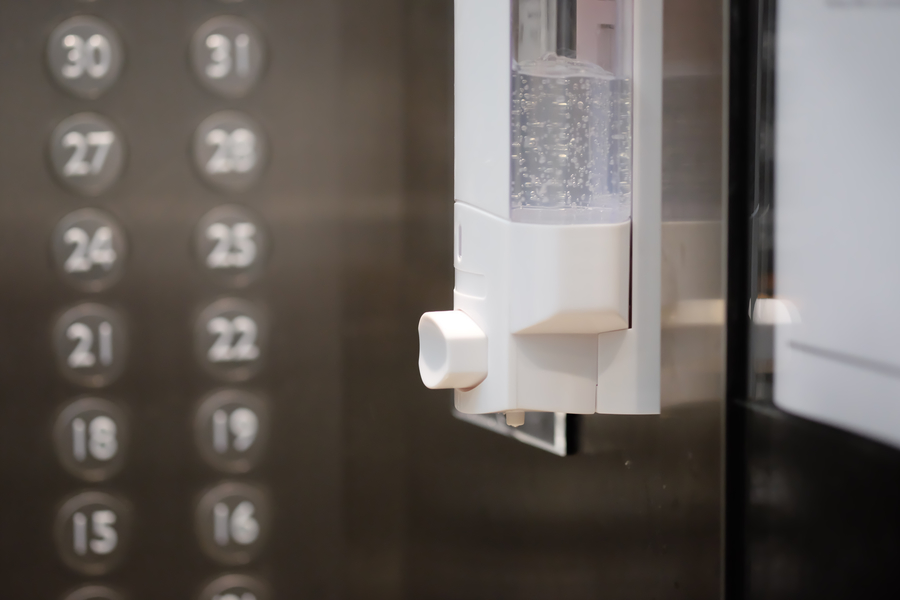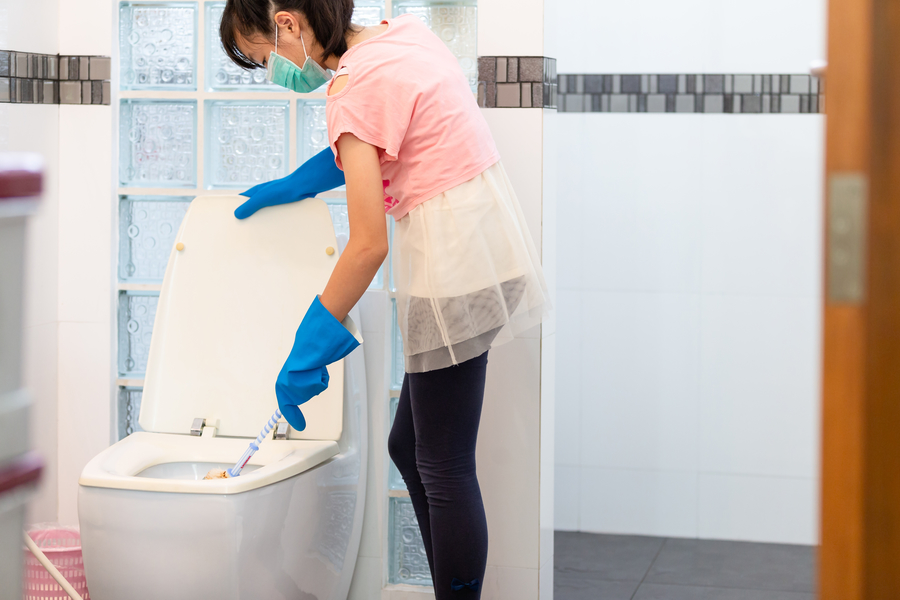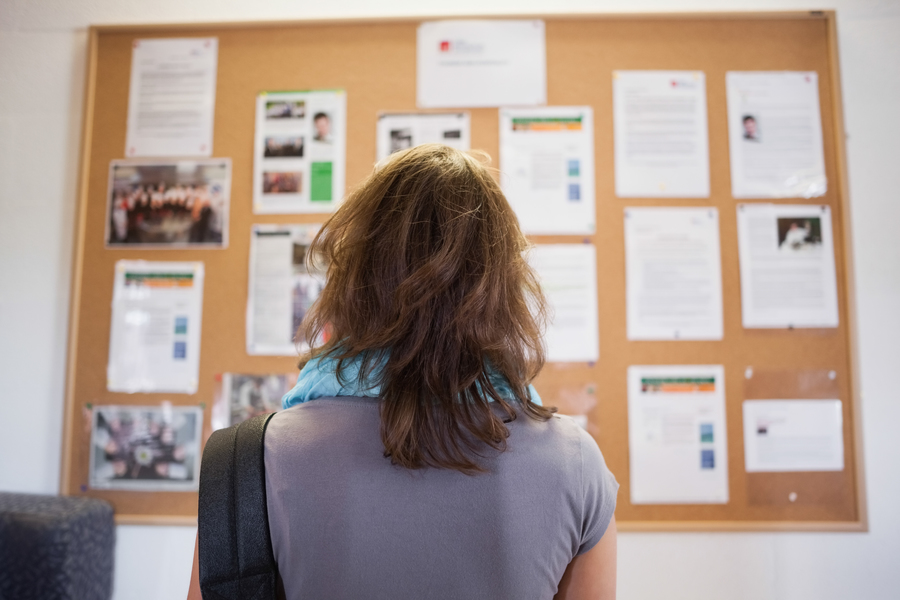I WANT
RELATED LINKS
I WANT
RELATED LINKS
RELATES LINKS
I WANT
RELATES LINKS
Services
Related Links
Use and Management of Cookies
We use cookies and other similar technologies on our website to enhance your browsing experience. For more information, please visit our Cookies Notice.
- Personal Banking
- Stories & Tips
- Home & Car
- 4 guidelines for condo residents to be aware of COVID
- Personal Banking
- ...
- 4 guidelines for condo residents to be aware of COVID
4 guidelines for condo residents to be aware of COVID
15-04-2020
The threat of COVID-19, As a result, people need to maintain a social distance, which, for "condo residents", living in a condominium that is a large community with hundreds to thousands of residents requires more precautions to protect themselves than usual. This is because common areas and facilities must be shared with other residents, which poses a risk of contracting the COVID virus. But the condo residents just don't panic and worry too much, suggesting 4 practices to strictly protect themselves.

1. Beware of the central contact points in the condo.
Because the risk of staying in a condo is the use of common areas. Recreation area Facilities are shared with other residents. Therefore, you must always be careful when using common areas. Especially in contact with various touchpoints That is difficult to avoid, such as the door handle to the building Finger scanning points entering the building, pushbuttons, elevators, mailboxes, dumpster rooms, shopping carts, not including corporate offices, gymnasiums, swimming pools, saunas, playgrounds, etc.
In this regard, the management of many condo has closed for the recreation area. There is a measure to take care of the community by adding cleaning and spraying disinfectants in common areas. There is a point to place the hand sanitizer. Organize the use of elevators Screening in and out of the project Limit the quantity and distance of people who come to contact the juristic office according to the Social Distancing principle, etc.

2. Follow the precautions to take to protect yourself. Take care of the cleanliness of the room
Follow strict self-protection principles, including washing your hands frequently with soapy water, alcohol gel, and wearing a face mask when leaving the room. Eat hot with a spoon yourself Refrain from going out and meeting other people that are not necessary. Including cleaning inside the room on a regular basis By focusing on various touchpoints such as door handles, buttons, light switches, door handles, refrigerators, remote controls, air conditioners, dining tables, kitchen counters, etc., do not overlook mobile phones, tablets, key cards. Including the digital keypad on the door lock However, the results of the study showed that the COVID-19 virus May contaminate the waste discharged infected people and condominiums share sewage Therefore recommends that condo residents focus on cleaning the toilet And close the seat cover before pressing the toilet as well

3. Pay bills via the Mobile Banking app instead of using cash.
From the study that the handling of cash, banknotes Coin at risk of COVID-19 infection Many condos also encourage residents to pay their expenses. Whether it is a common fee, water fee, parking fee by transferring money to the account instead Here, people have the Bank's Mobile Banking App on their smartphones. Can send money transfer conveniently and send a receipt slip line to the jurisprudence Some condos allow residents to pay via the Bill Payment system using a banking app, scan a QR Code, press to pay, and the payment details are automatically entered into the juristic person's system. We use the Mobile Banking app instead of having to carry cash to pay at the corporate office. This is a common area, it reduces the chance of infection

4. Follow the news from the corporate department
Always follow the news from juristic persons about measures to prevent the safety of the community. If the area is closed to clean the area from the infection. To avoid that area or if we have been to the space in the 14-day timeline of an infected co-worker to be aware and socially responsible by monitoring symptoms and self-quarantine to prevent further transmission of the infection to others.
Reference
https://www.prachachat.net/property/news-439780
https://www.apartmentguide.com/blog/coronavirus-in-your-apartment/
https://ddc.moph.go.th/viralpneumonia/file/int_habitat/int_habitat01_230363.pdf
